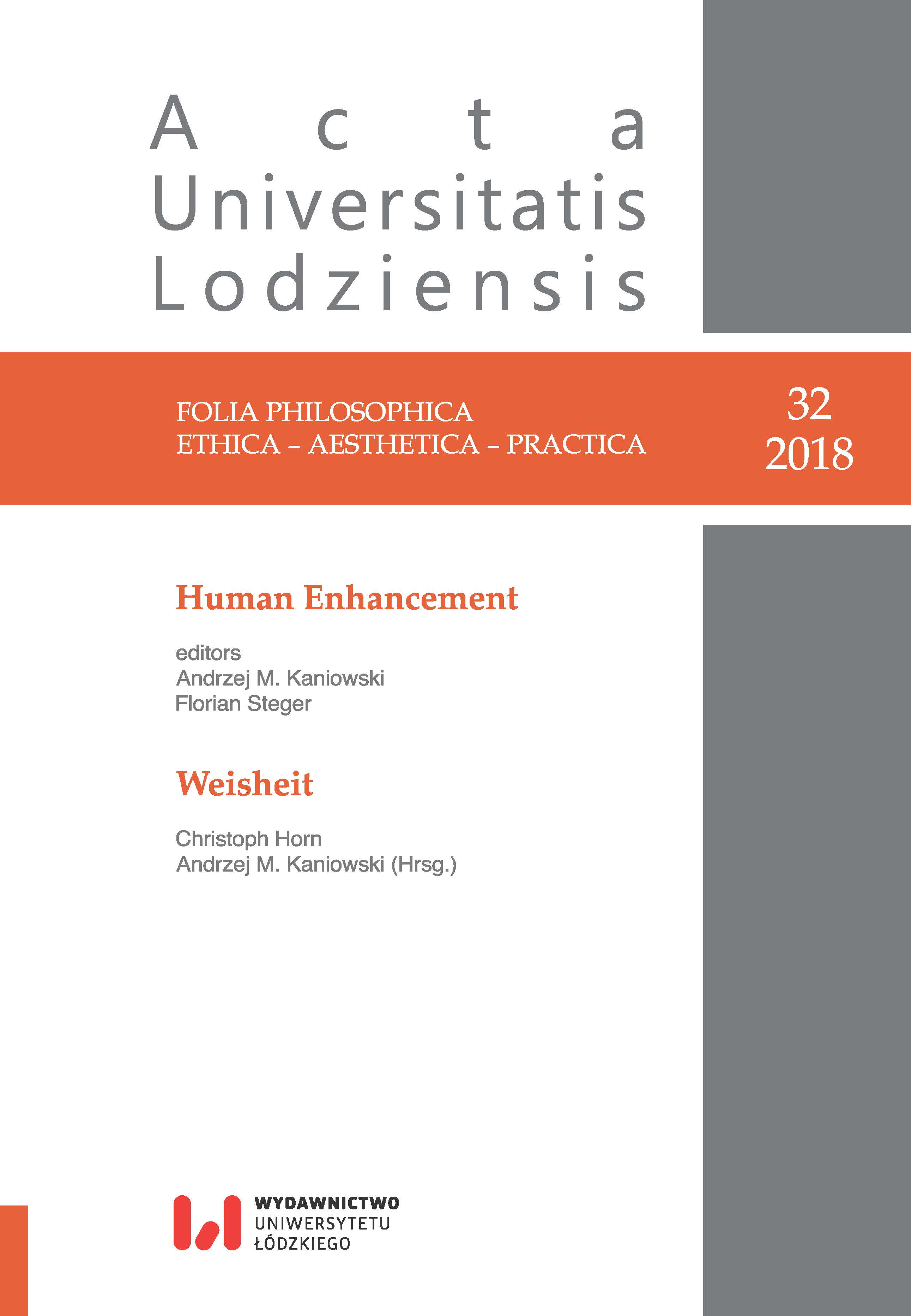Schellings Reflexion des Kantischen Begriffs Weisheit
Schelling’s reflection on Kant’s notion of wisdom
Author(s): Wilhelm G. JacobsSubject(s): Philosophy, Ethics / Practical Philosophy
Published by: Wydawnictwo Uniwersytetu Łódzkiego
Keywords: Schelling; Kant; wisdom
Summary/Abstract: Kant characterizes wisdom as knowledge of the will of the highest good and appropriateness of the will to this good. He understands the highest good as a union of morality and happiness. Since these are not to be conceived upon the same lawfulness (Gesetzlichkeit), Kant thinks of the mediation of the postulates of immortality and of the existence of God. To determine, in a sufficient form, the idea of the highest good practically, i.e., as the maxim of our rational behavior, is for Kant the wisdom doctrine; in scientific reflection it is philosophy. Schelling agrees with that; for him, too, philosophy is the will of wisdom. Wisdom looks at the ultimate goal, the one which should actually come about. To know this and to make it the determining reason of the will is wisdom for Schelling.
Journal: Acta Universitatis Lodziensis. Folia Philosophica. Ethica - Aesthetica - Practica
- Issue Year: 2018
- Issue No: 32
- Page Range: 91-99
- Page Count: 9
- Language: German

